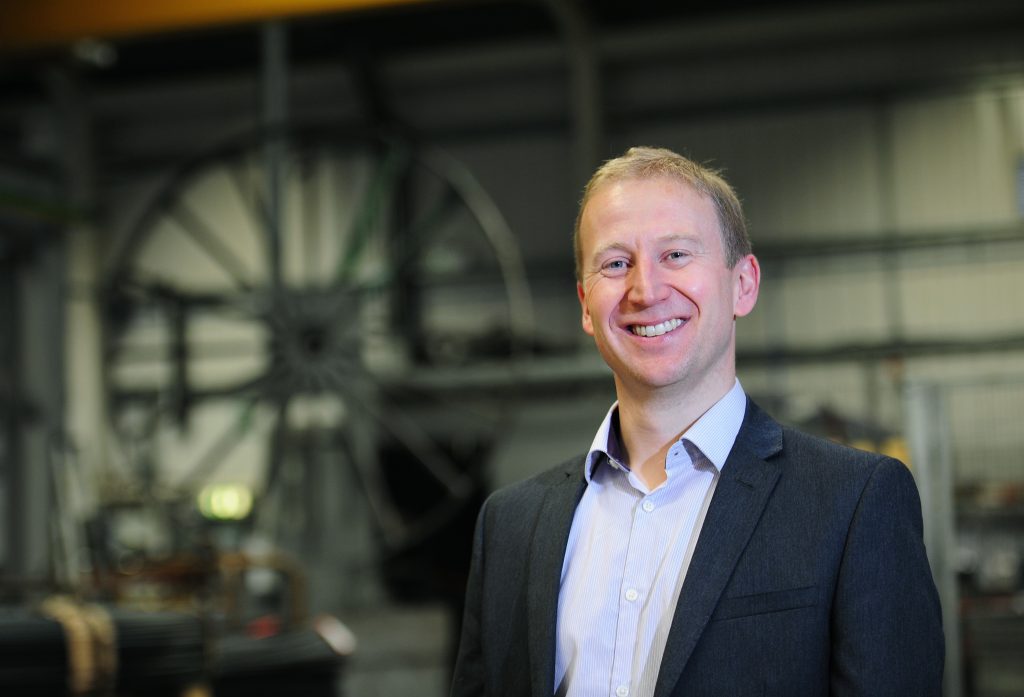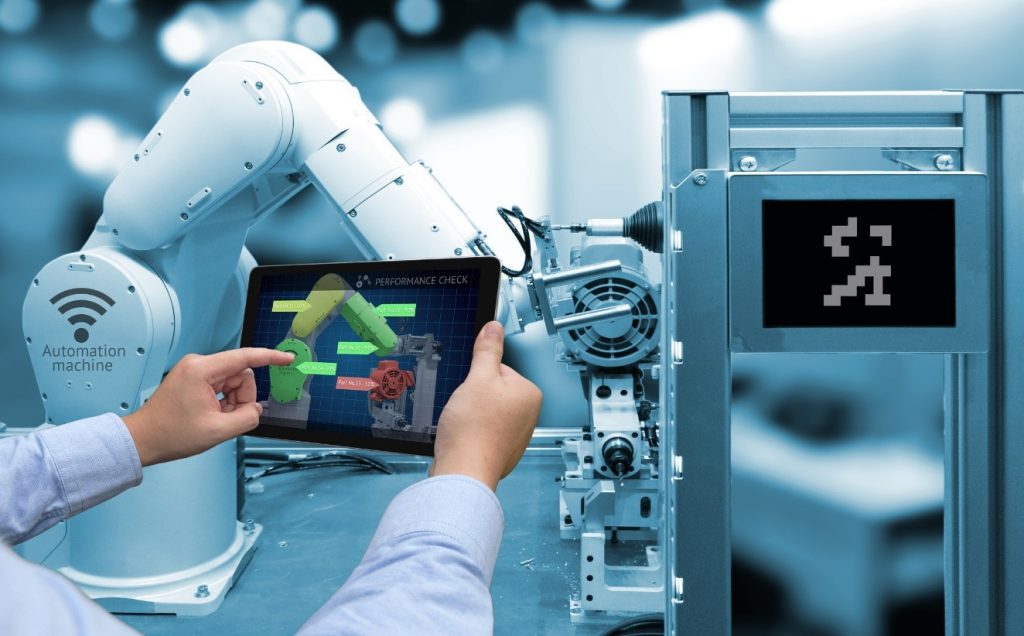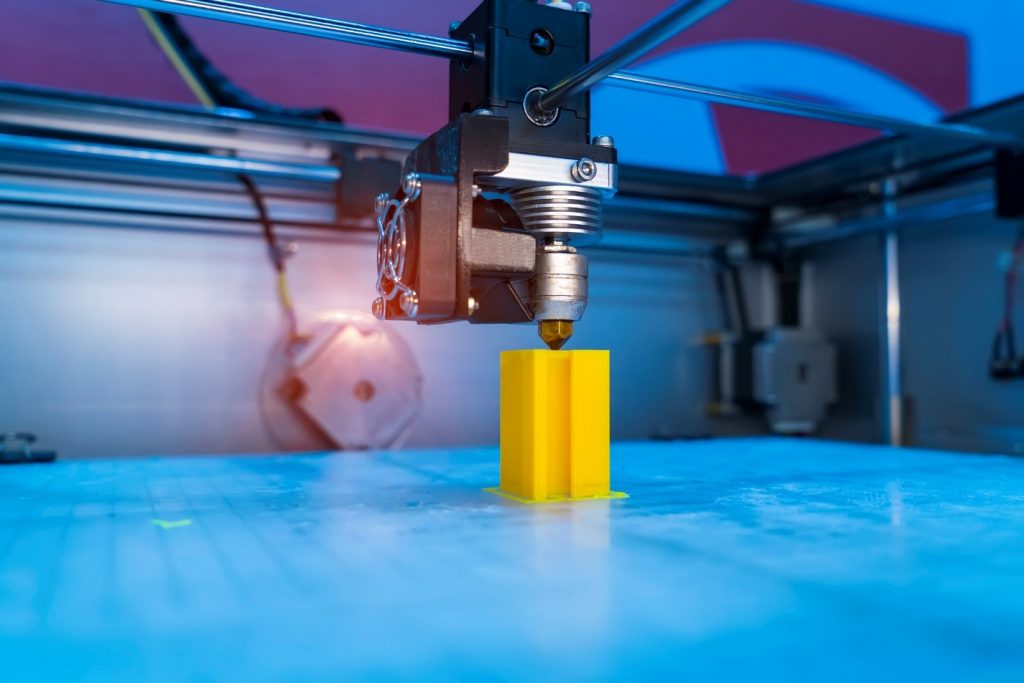The Greatest Manufacturing Advancements of the 21st Century
The 21st century has seen some incredible advancements within the manufacturing industry. We have witnessed new technology take centre stage over the last 19 years – from 3D printing to industry 4.0 –, and it doesn’t seem to be slowing down any time soon!
In this article, we will highlight some of the most significant changes, advancements and achievements in the manufacturing industry, looking at what makes these so crucial to the industry.
What is Industry 4.0?
With the recent technological advancements within the sector, the manufacturing industry has made great strides in past couples of years. With Industry 4.0 being an up and coming part of the manufacturing industry, we take a closer look at precisely what it is and why it is so vital in developing the sector in the near future.
Industry 4.0 is the 4th generation of industrial revolutions. Ever since 1780, when the first industrial revolution started with the introduction of machines powered by water and steam, manufacturing has always been the cornerstone of modern technology. With the introduction of mainstream electricity in the 1880s, the manufacturing industry had its second industrial revolution with machines now being powered by electricity instead of water and steam. This meant that the speed of the production was greatly improved and could return businesses a higher profit than ever before. The 3rd generation revolution happened in the 1970s with the introduction of automated machines. With machines doing a lot of the manufacturing work, humans were still needed to maintain as well as collect data.
The 4th generation revolution has taken great strides from the 3rd by creating a process that is connected from start to finish. This is done by all machines being connected to the internet to generate and read the machines data to work together. This gives humans a way to analyse the machines remotely and can create an easy and efficient system throughout the entire workforce. With all devices connected, they can communicate as well as learn from each other to create a more efficient process which eliminates any gaps in production times.
With an increasing reliance on machines, there will be high demand for mechanics capable of fixing any problems that occur, as well as an increase in the need for employees capable of analysing data to ensure the data that’s been taken by the machines is accurate and suitable for the manufacturing process.
3D Printing
3D Printing as a concept has been around since the 1980s when Charles Hull invented a machine called a stereolithograph, which allowed the creation of 3D models by printing the material layer by layer to create the final product. With early machines being expensive prototypes, the technology wasn’t easily accessible until the late 2000’s where the software to create the digital designs was made commercially available with the release of open source designs. With demand for 3D printing in many different industries, the price of the technology decreased significantly, making it available to businesses around the globe.
In the manufacturing industry, the importance of 3D printers cannot be understated, as it can be used to create unique one-off prototypes, as well as designs that might not be possible to create using any other method.
There are many different types of 3D printers; however, the two main types are FDM and SLA printers. FDM printers use a nozzle to dispense the material on to a board and layer the material on top of each other to create the 3D dimensions designed in the chosen software. As the equipment has been around for a while, these types of printers are widely accessible and can be purchased for as little as £300 with materials costing around £20. As FDM printers dispense the material layer by layer, SLA printers use resin and UV light to create very thin layers to create the final design. SLA printers give a more accurate print as it is working with lasers instead of just a nozzle on a crane.
Future Development
At European Springs and Pressings, we take great pride in keeping up with the very latest advancements in the industry. Just last year we invested in a brand new €1 Million spring coiling machine, which is the first of its kind in the UK. With the introduction of the Wafios FUL 166, we are sure to remain at the forefront of our industry as bespoke custom spring manufacturers.

As well as the Wafios FUL 166 European Springs and Pressings have invested in FactoryWiz Live, which monitors data throughout the factory and streams the live data onto screens for workers to analysis and observe.
With technological advancements occurring every day who knows what the next major change for the manufacturing industry will be. We look forward to seeing what the future has in store when it comes to manufacturing advancements and will keep you updated with the very latest news via our blog.

